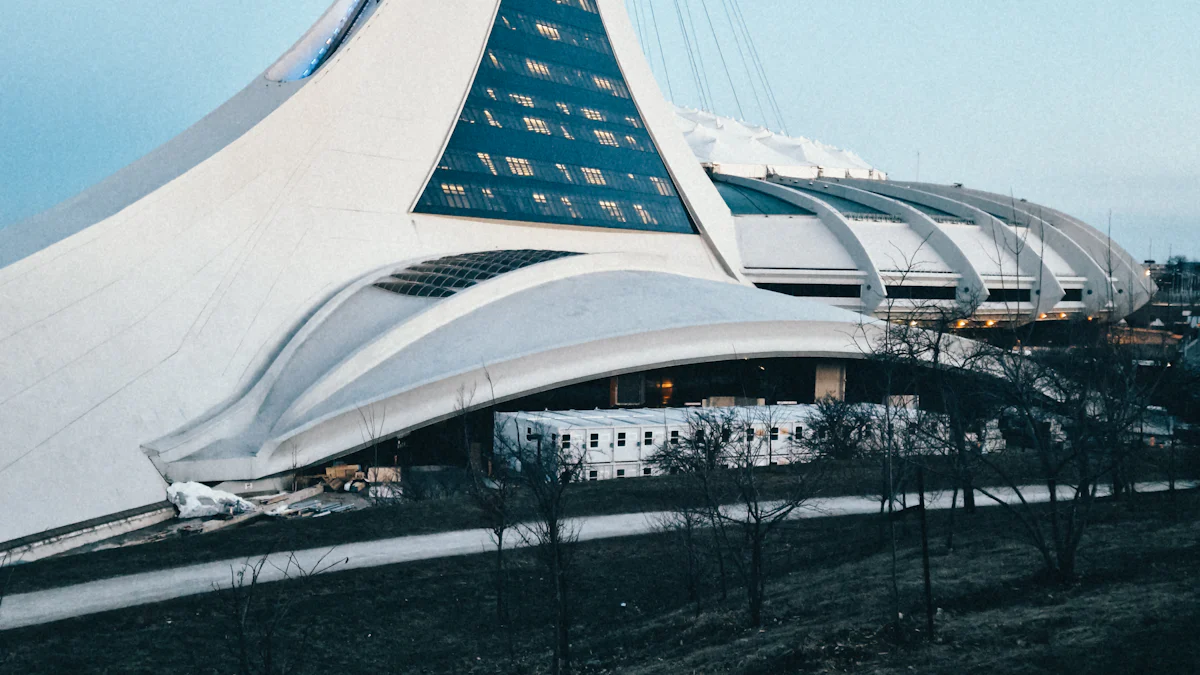
The Olympics represent the pinnacle of global athletic competition, drawing billions of viewers and generating significant economic impact. The upcoming 2026 Winter Olympics and 2028 Summer Olympics promise to be monumental events. Understanding the host cities and key details enhances appreciation for these grand spectacles. Milan-Cortina in Italy will host the 2026 Winter Olympics, while Los Angeles in the United States will welcome the 2028 Summer Olympics. These locations will showcase the best of sportsmanship and innovation. For those eager to witness history, securing 2028 Olympics tickets will be essential to experiencing the excitement firsthand.
2026 Winter Olympics

Host City
Milan-Cortina, Italy
Milan and Cortina d’Ampezzo will jointly host the 2026 Winter Olympics. Milan, a global fashion and financial hub, will bring its modern infrastructure and vibrant culture to the Games. Cortina d’Ampezzo, known for its stunning alpine scenery, will provide a picturesque backdrop for winter sports. The combination of these two cities promises a unique blend of urban sophistication and natural beauty.
Historical Context
Previous Winter Olympics in Italy
Italy has a rich history with the Winter Olympics. Cortina d’Ampezzo first hosted the Winter Games in 1956, marking Italy’s debut as an Olympic host. The event saw Italy winning a gold and two silver medals, ranking 8th overall among 32 participating nations. Turin followed as the host city in 2006, further solidifying Italy’s reputation for organizing successful Winter Olympics. The 2026 Winter Olympics will be Italy’s third time hosting the Winter Games, showcasing the country’s enduring commitment to winter sports.
Notable Facts
New Sports and Events
The 2026 Winter Olympics will introduce several new sports and events. Ski mountaineering will make its Olympic debut, featuring men’s and women’s sprints and a mixed relay. Skeleton will include a mixed team event for the first time, while luge will feature separate men’s and women’s doubles events, replacing the open doubles event. Dual moguls will be added in freestyle skiing for both men and women, and women will have an additional individual large hill ski jumping event. These additions reflect the evolving nature of the Winter Olympics, aiming to engage a broader audience.
Sustainability Efforts
Sustainability will be a key focus for the 2026 Winter Olympics. Organizers plan to utilize existing venues to minimize environmental impact. Milan’s urban infrastructure and Cortina’s natural landscapes will be leveraged to create eco-friendly facilities. Renewable energy sources will power the events, and waste reduction strategies will be implemented. These efforts align with the International Olympic Committee’s commitment to sustainability, ensuring that the Games leave a positive legacy for future generations.
2028 Summer Olympics
Host City
Los Angeles, USA
Los Angeles will host the 2028 Summer Olympics. The city, known for its entertainment industry, offers a vibrant cultural scene and world-class infrastructure. The Games will utilize iconic venues such as the Los Angeles Memorial Coliseum and the new SoFi Stadium. The city’s diverse neighborhoods and scenic landscapes will provide a dynamic backdrop for the events.
Historical Context
Previous Summer Olympics in Los Angeles
Los Angeles has a storied history with the Summer Olympics. The city first hosted the Games in 1932, marking the third time the Olympics were held in the United States. This event introduced Los Angeles to the world as a major U.S. city. The 1984 Summer Olympics saw the city hosting the Games for the second time. These events stretched across many of Southern California’s iconic sports venues and turned a tidy $200 million-plus profit. The 2028 Summer Olympics will mark the third time Los Angeles hosts the Games, further solidifying its legacy as a premier Olympic city.
Notable Facts
New Sports and Events
The 2028 Summer Olympics will feature several new sports and events. The International Olympic Committee has approved the addition of cricket, flag football, lacrosse, squash, and baseball-softball. These sports will join fan favorites such as gymnastics, swimming, athletics (track and field), and basketball. The inclusion of these new sports aims to engage a broader audience and reflect the evolving nature of the Olympics.
Technological Innovations
Technological innovations will play a significant role in the 2028 Summer Olympics. Organizers plan to leverage cutting-edge technology to enhance the spectator experience. Advanced broadcasting techniques will provide immersive viewing experiences for audiences worldwide. Smart infrastructure will ensure efficient transportation and logistics. Renewable energy sources will power the venues, aligning with the commitment to sustainability. These innovations will set new standards for future Olympic Games.
The 2026 Winter Olympics and the 2028 Summer Olympics hold immense significance for the global sports community. Milan-Cortina and Los Angeles will play crucial roles in ensuring the success of these events. These cities will benefit from infrastructure improvements and enhanced global stature. The economic impact of hosting the Olympics can vary, but the potential for long-term benefits remains substantial. Staying informed about upcoming Olympic events will help fans engage more deeply with these historic moments. Securing 2028 Olympics tickets early will ensure an unforgettable experience.
 Press Coffee
Press Coffee